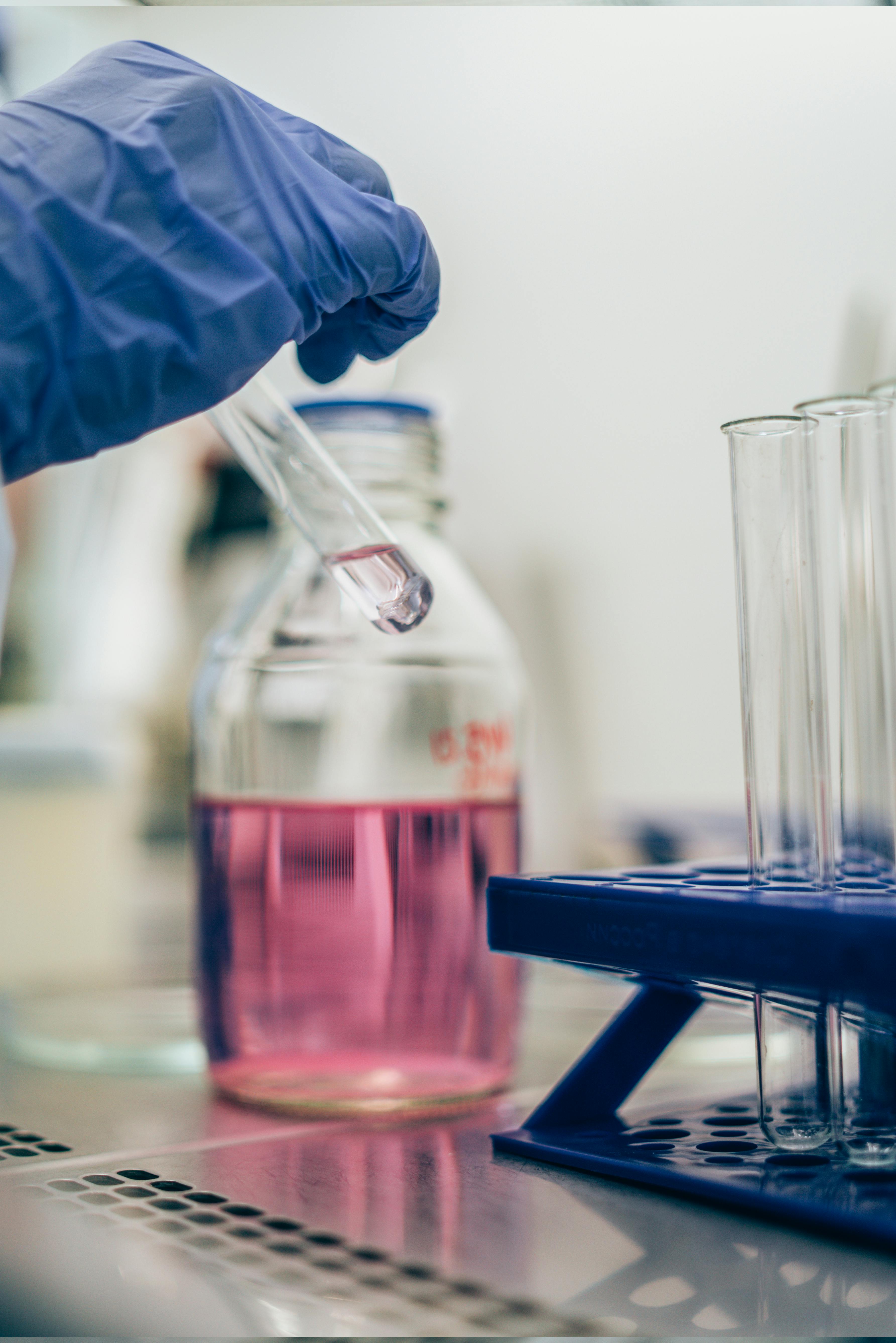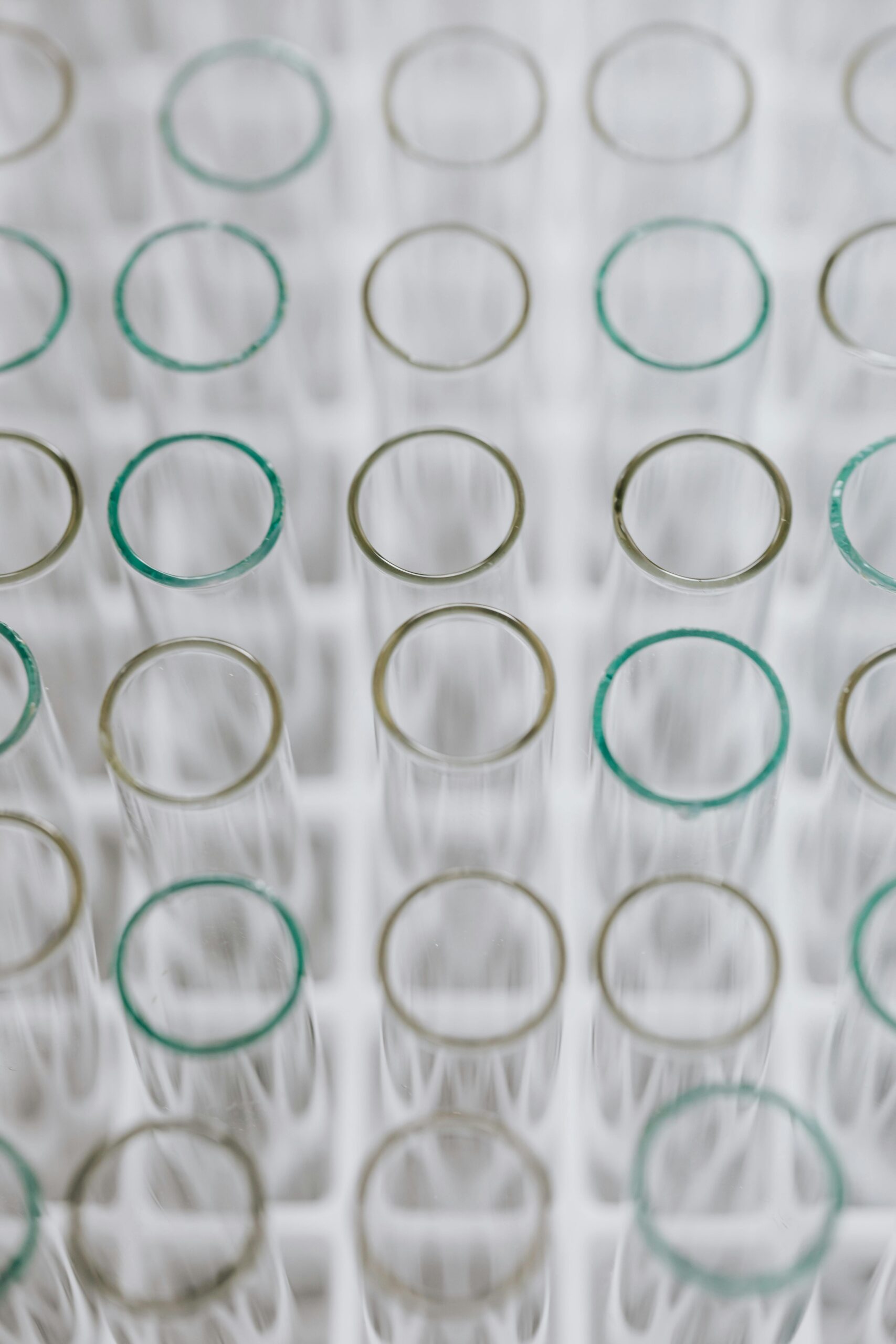Effective Ways to Optimize Your Creatinine Test in 2025: Achieve Accurate Results
The significance of a creatinine test cannot be overstated, especially in assessing kidney health and function. With ongoing advancements in medical testing, optimizing your creatinine test procedures is crucial for achieving precise results. Proper preparation and understanding of the factors that can influence creatinine levels are essential for both healthcare providers and patients. This article will delve into effective strategies for optimizing creatinine tests in 2025, thereby ensuring that individuals receive the most accurate health assessments possible.
By implementing these optimization techniques, patients can take an active role in their health management, while also aiding healthcare professionals in providing reliable assessments. This article will cover key practices, education on preparation, and common misconceptions. Let’s dive into some essential methods to enhance your testing accuracy.

Essential Steps to Prepare for Your Creatinine Test
Preparation plays a vital role in ensuring the accuracy of your creatinine test results. Taking specific steps before the test can significantly impact the readings received. Here are fundamental recommendations:
Understand Your Current Medications
Many medications can affect kidney function and, consequently, creatinine levels in the blood. It’s essential for patients to have an open discussion with their healthcare provider regarding any current medications. This helps in determining if alternative medications should be considered prior to testing.
Hydration: The Key Factor
Hydration status can greatly influence creatinine levels. Patients are generally advised to stay well-hydrated before the test, as dehydration may lead to elevated creatinine readings. Aim to drink adequate fluids leading up to the test, but consult your healthcare provider for specific recommendations tailored to your health.
Dietary Considerations
Before scheduling a creatinine test, it’s advisable to review any dietary restrictions. High-protein diets can temporarily elevate creatinine levels; therefore, moderating protein intake leading up to the test can provide a more accurate representation of kidney function. This involves consuming balanced meals rich in fruits, vegetables, and whole grains while minimizing protein-heavy foods.
Avoiding Strenuous Activities
Physical activities can influence kidney function tests. Physicians often recommend that patients avoid excessive exercise for at least 24 hours before a creatinine test. Engaging in intense workouts can lead to muscle breakdown, which may artificially raise creatinine levels due to released muscle metabolites.
Scheduling Timing
The timing of the blood sample collection is critical. Ideally, the test should be conducted in the morning, after a restful night and post-fasting overnight, which could provide clearer insights into kidney functionality. Adhering to a consistent schedule for testing enhances the validity of results.
With these preparation tips in mind, the next step is to delve into further methods for optimizing your overall testing process.
Advanced Techniques to Enhance Creatinine Testing Accuracy
Beyond simple preparation, there are several advanced techniques to improve the accuracy of creatinine testing in clinical settings. Some of these practices include:
Implementing Standardized Protocols
Healthcare facilities should adopt standardized procedures when conducting creatinine tests. This includes clear guidelines on sample collection, processing, and analysis to minimize variability in results. Adherence to these protocols can foster consistency and accuracy across different tests conducted.
Upgrading Laboratory Equipment
Investing in advanced laboratory technology can have a profound effect on testing accuracy. Modern analyzers often provide quicker and more precise results, reducing the potential for human error. Regular maintenance and updates to testing equipment ensure optimal performance and reliability.
Regular Staff Training
Continuous professional development for lab personnel is crucial in maintaining high testing standards. Regular training sessions help lab technicians stay informed about the latest methods, technologies, and best practices for creatinine testing, ultimately enhancing the accuracy of results.
Utilizing Alternative Testing Methods
Exploring alternative methods, such as using urine samples for creatinine clearance tests, can provide additional insights into kidney function. This approach can yield a more comprehensive assessment of kidney health when used in conjunction with serum creatinine tests.
Monitoring for Pre-Analytical Variations
Pre-analytical variables, such as sample handling and storage, can significantly affect test outcomes. Implementing strict monitoring processes for sample collection, transport, and analysis can help mitigate the impact of these variations and enhance test reliability.
After considering these advanced techniques, it is essential to address some commonly asked questions regarding creatinine tests.
Frequently Asked Questions About Creatinine Testing
What is a normal creatinine level?
A normal serum creatinine level generally ranges from 0.6 to 1.2 mg/dL for adults. However, it’s important to note that these values can vary based on factors such as age, gender, muscle mass, and overall health. Always consult a healthcare provider for personalized interpretations of your results.
How can I reduce my creatinine levels?
To reduce creatinine levels, focus on hydration, a balanced diet low in protein, and minimizing strenuous exercise. Additionally, managing underlying health conditions, such as diabetes or hypertension, can contribute significantly to maintaining healthy levels.
What could cause high creatinine levels?
High creatinine levels can result from several factors, including impaired kidney function, dehydration, excessive protein intake, or conditions such as kidney disease. A thorough medical evaluation is essential for pinpointing the exact cause and determining the appropriate course of action.
Can creatinine levels fluctuate?
Yes, creatinine levels can fluctuate due to various factors like hydration status, dietary changes, and physical activity. Regular monitoring and a comprehensive understanding of these variables can help establish accurate baselines and track kidney health over time.
Understanding these queries prepares individuals to engage with their healthcare professional more effectively while emphasizing the importance of proper preparation and regular monitoring.

Conclusion: The Future of Creatinine Testing
In conclusion, optimizing your creatinine test in 2025 involves both proactive preparation and informed practices within healthcare settings. By understanding the factors influencing test results and adopting advanced methods for accuracy, patients and healthcare providers can work collaboratively to ensure reliable assessments of kidney health. The future of testing lies in continuous education, improvement of testing protocols, and the use of the latest technologies—all driving towards achieving accurate and trustworthy results.
For further reading and deeper insights into related topics, visit this link or check out this comprehensive article.
